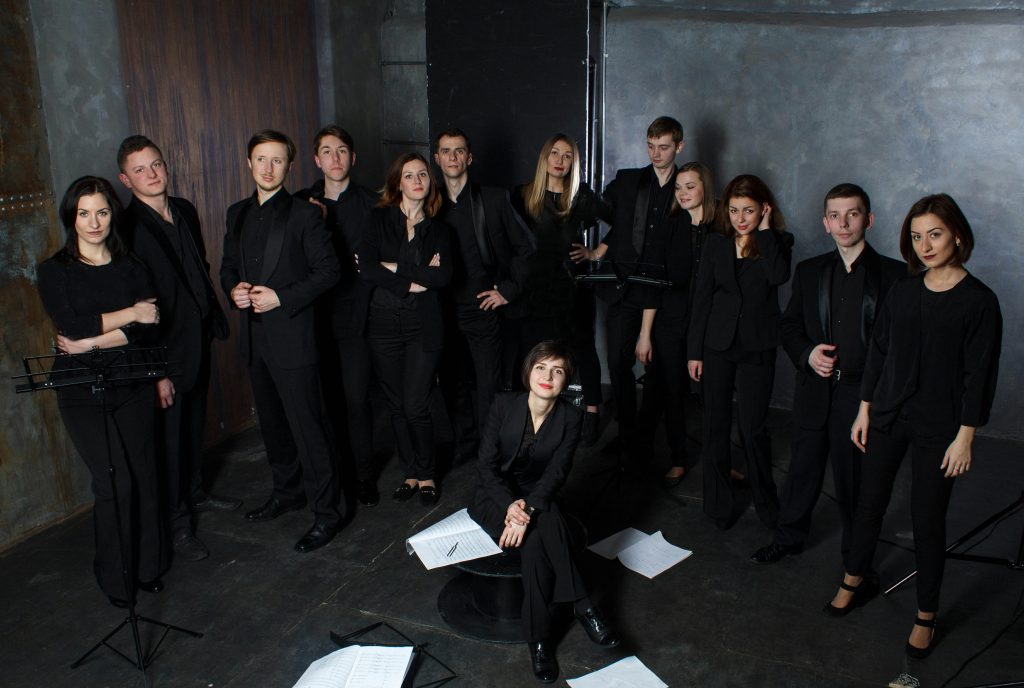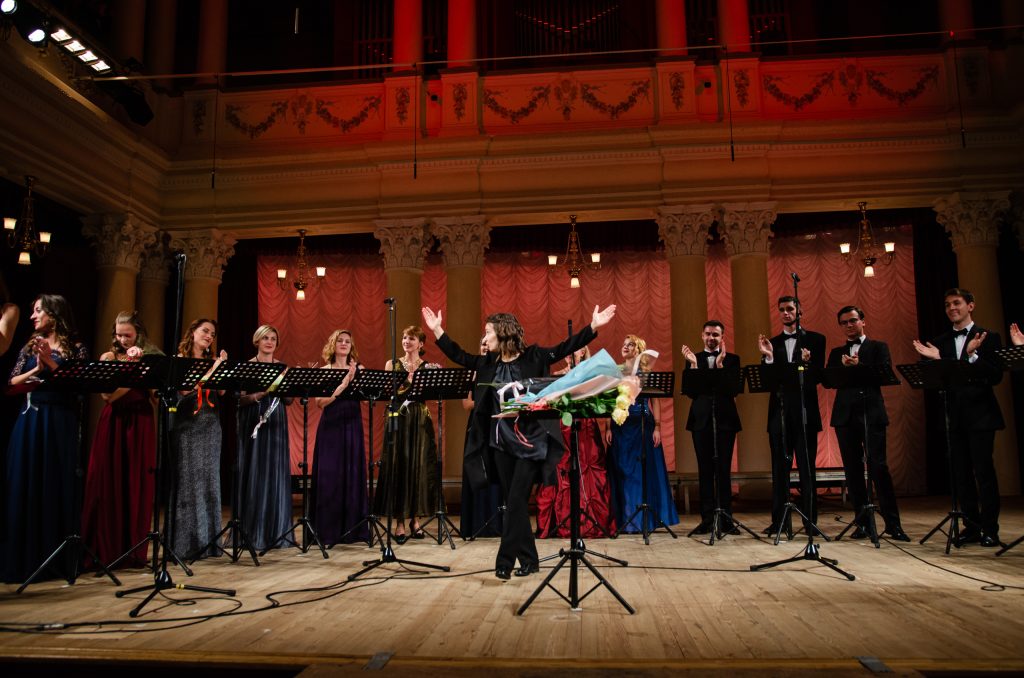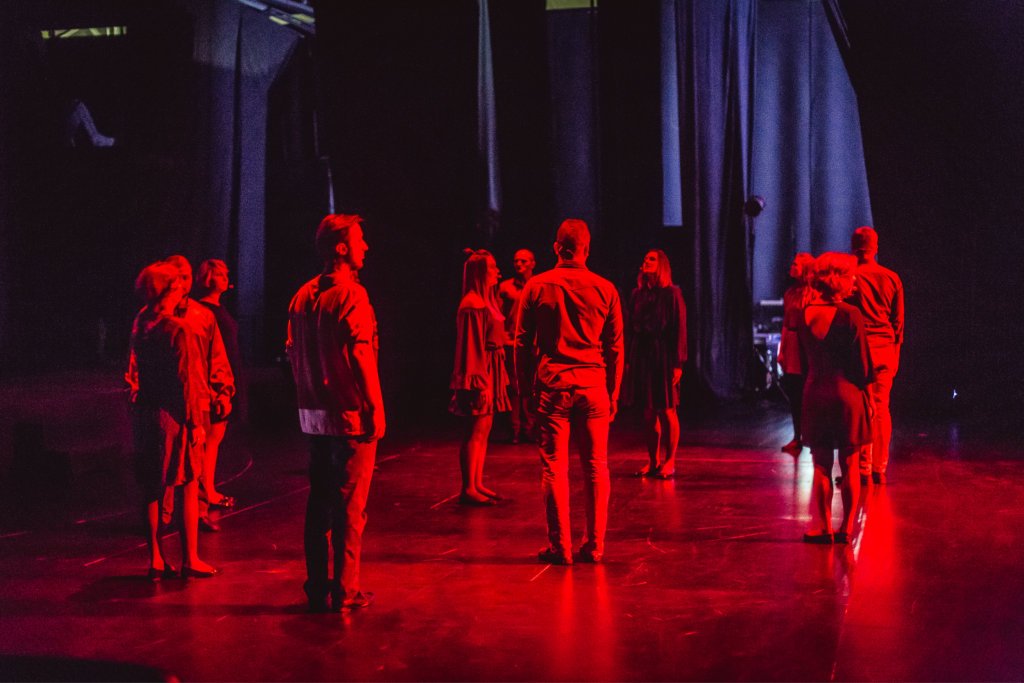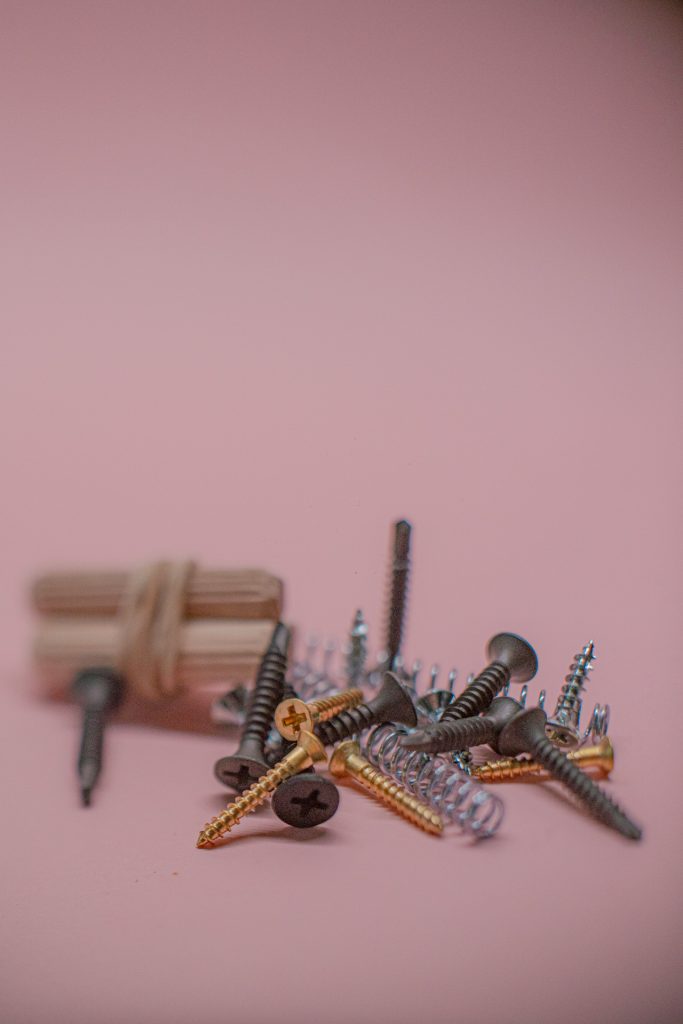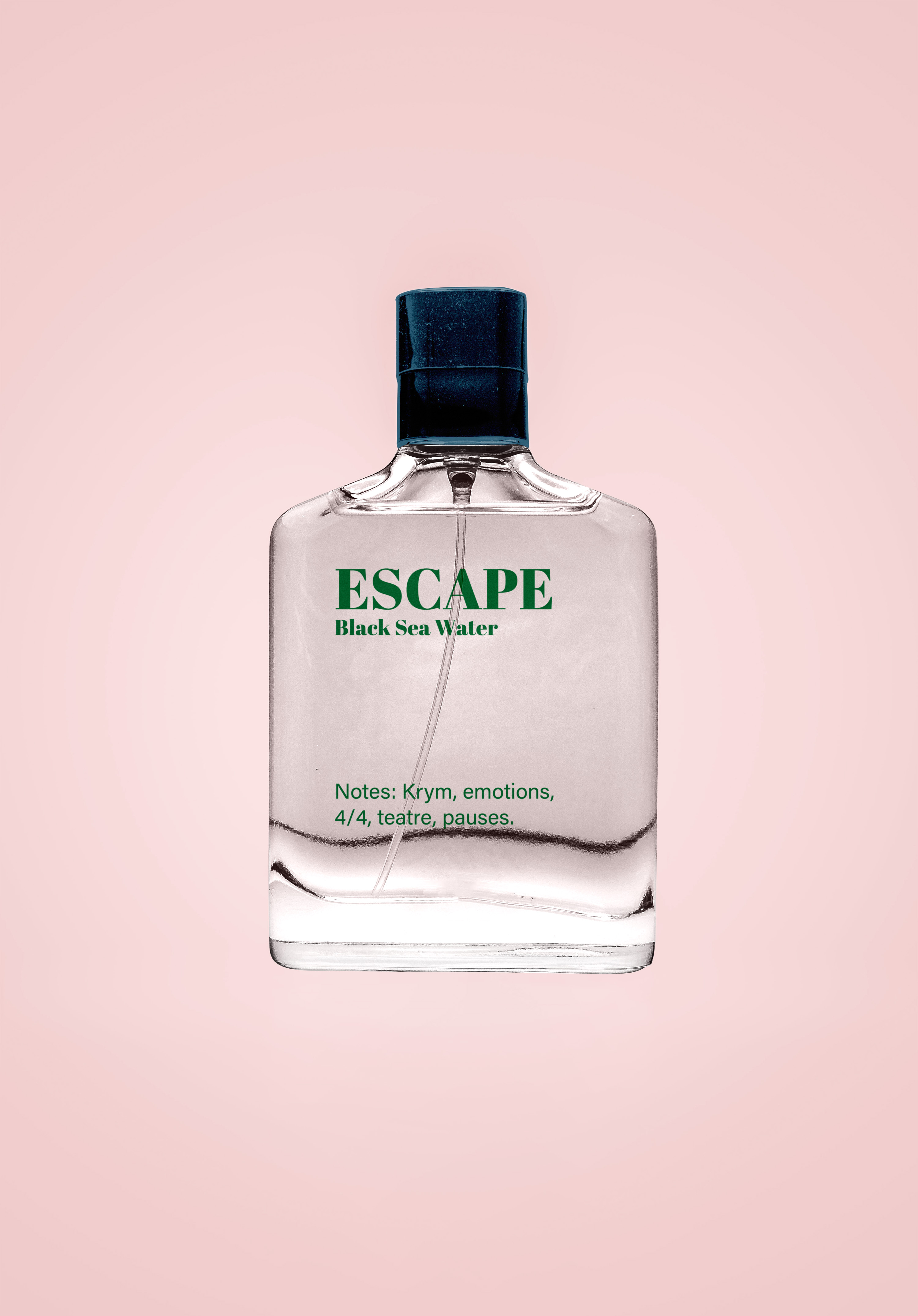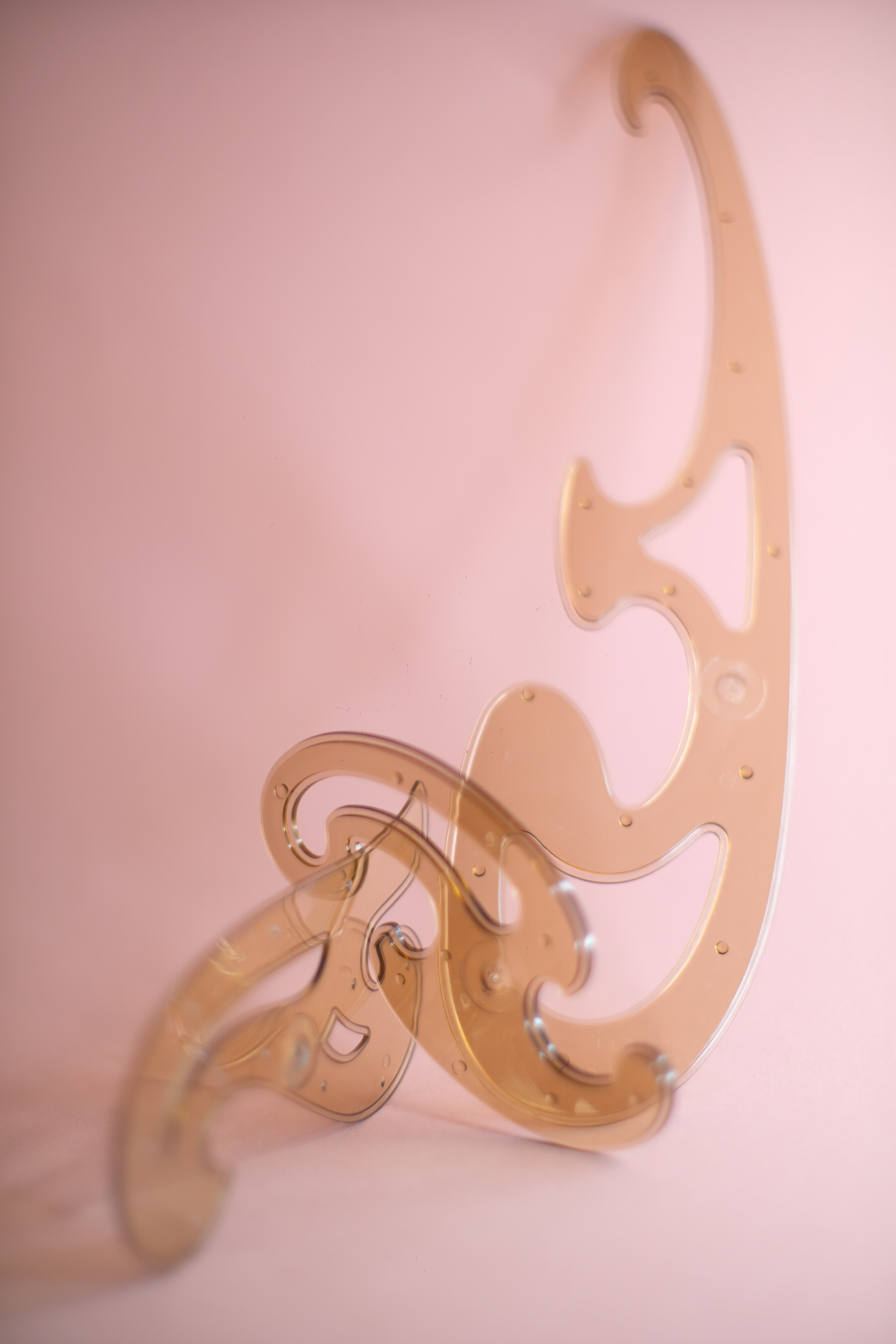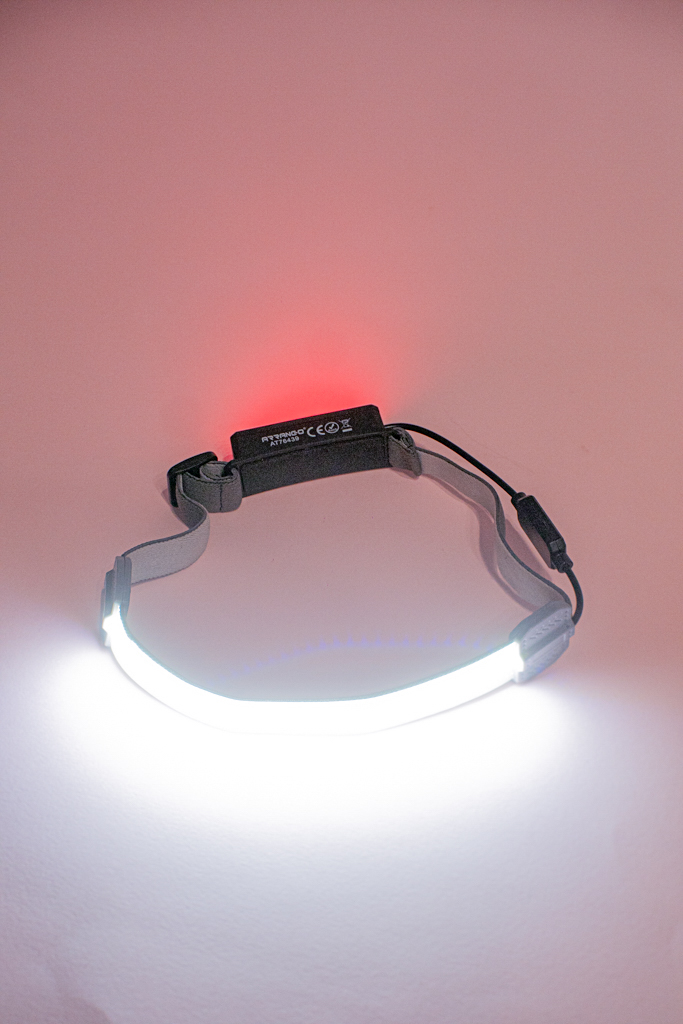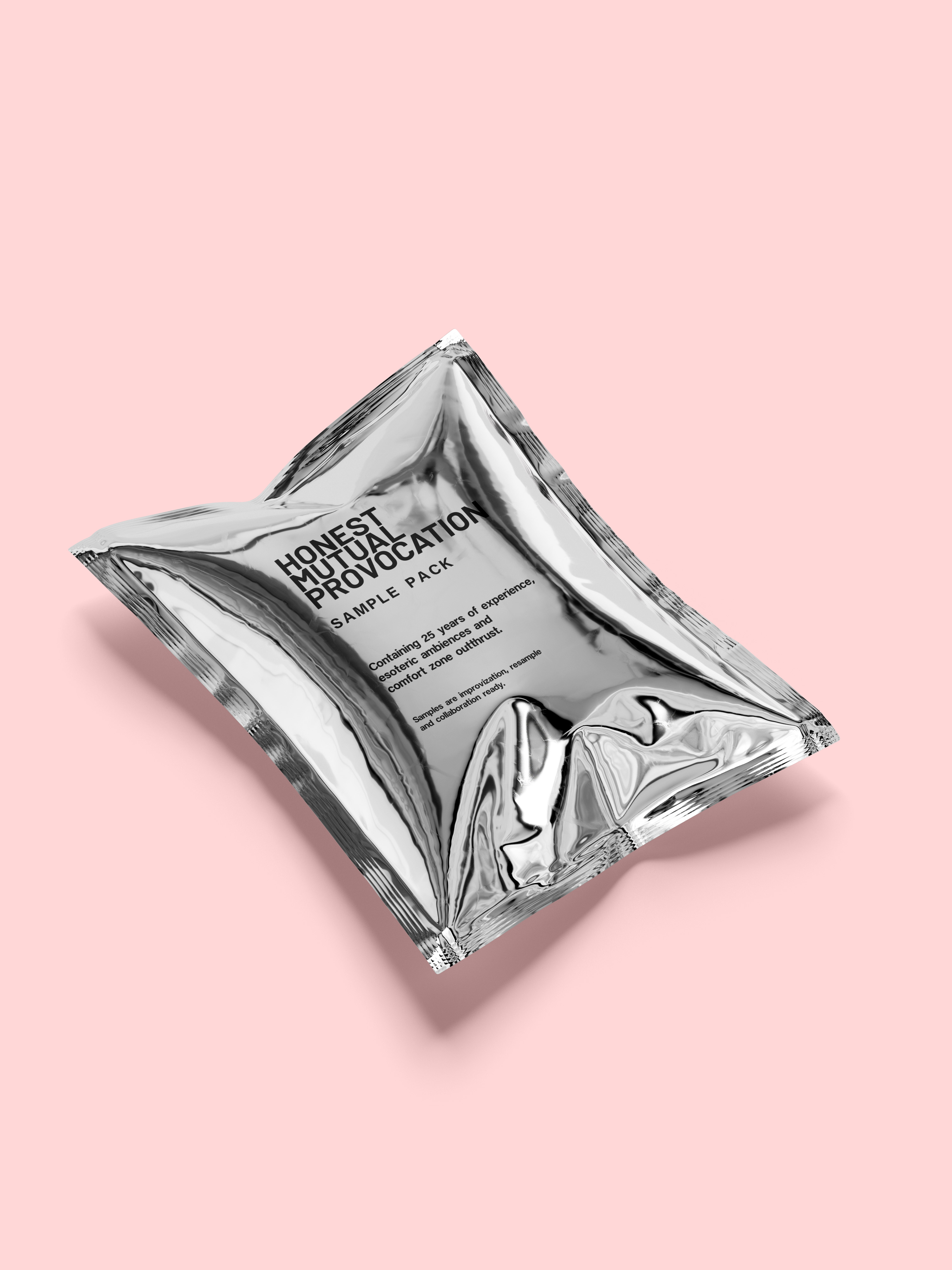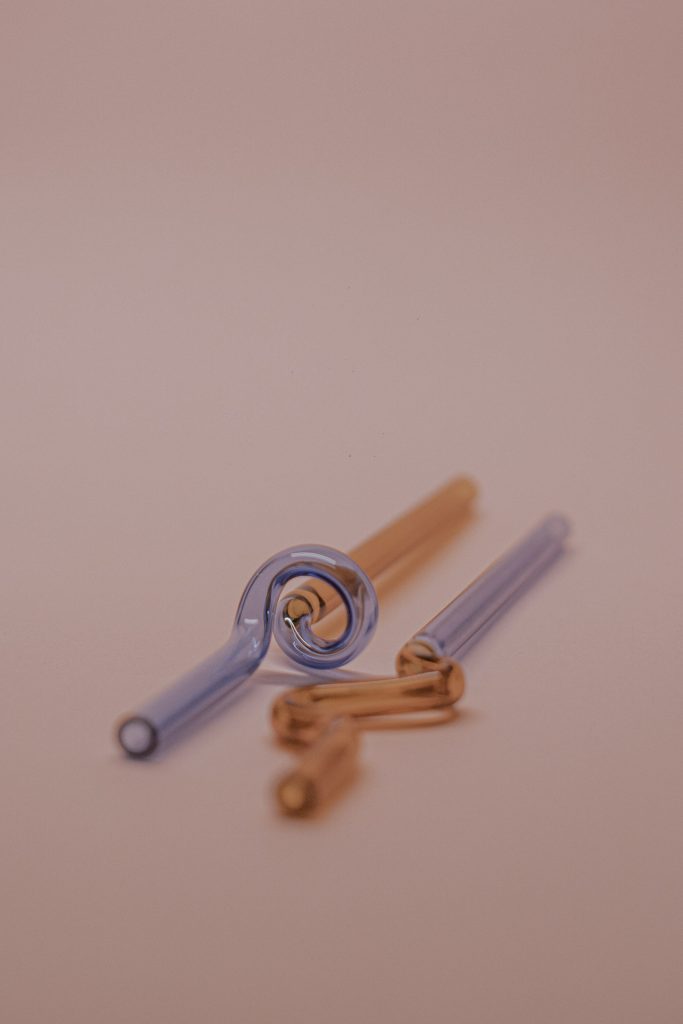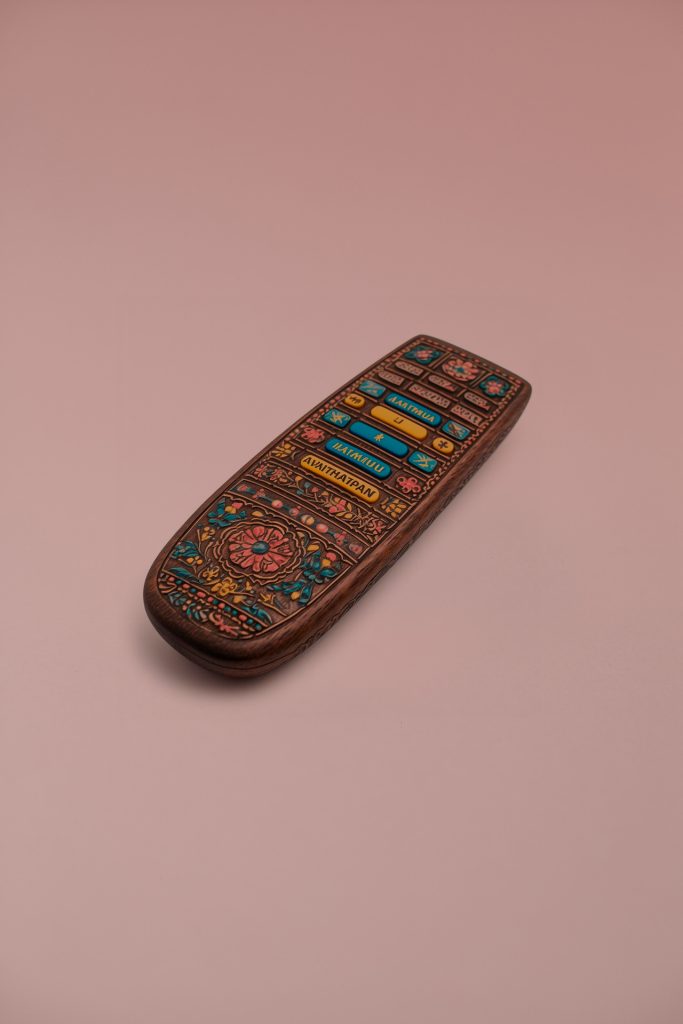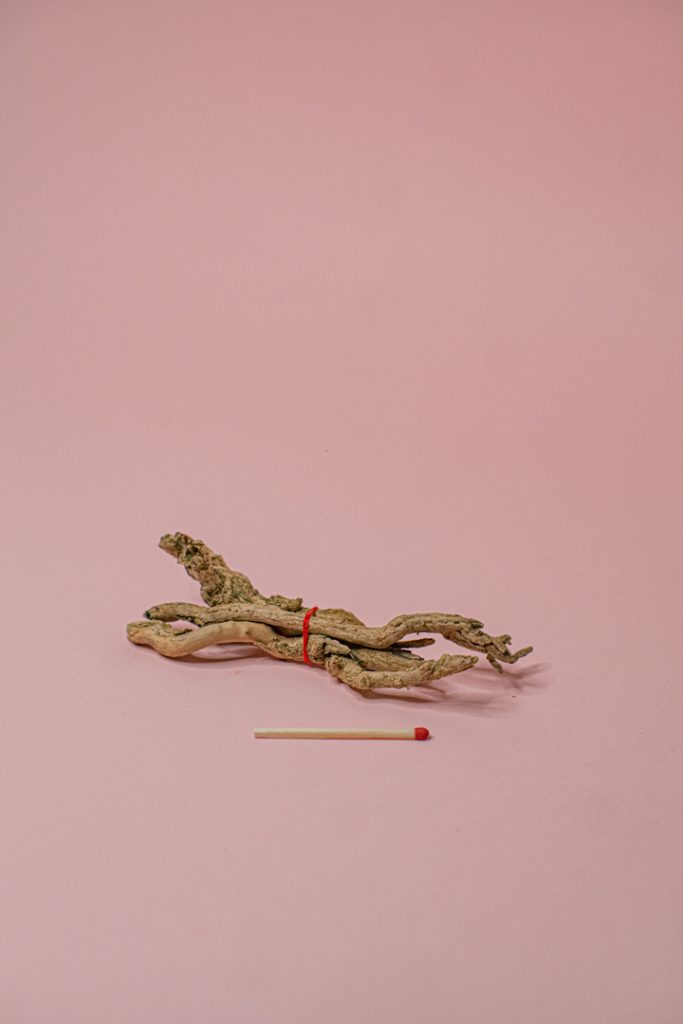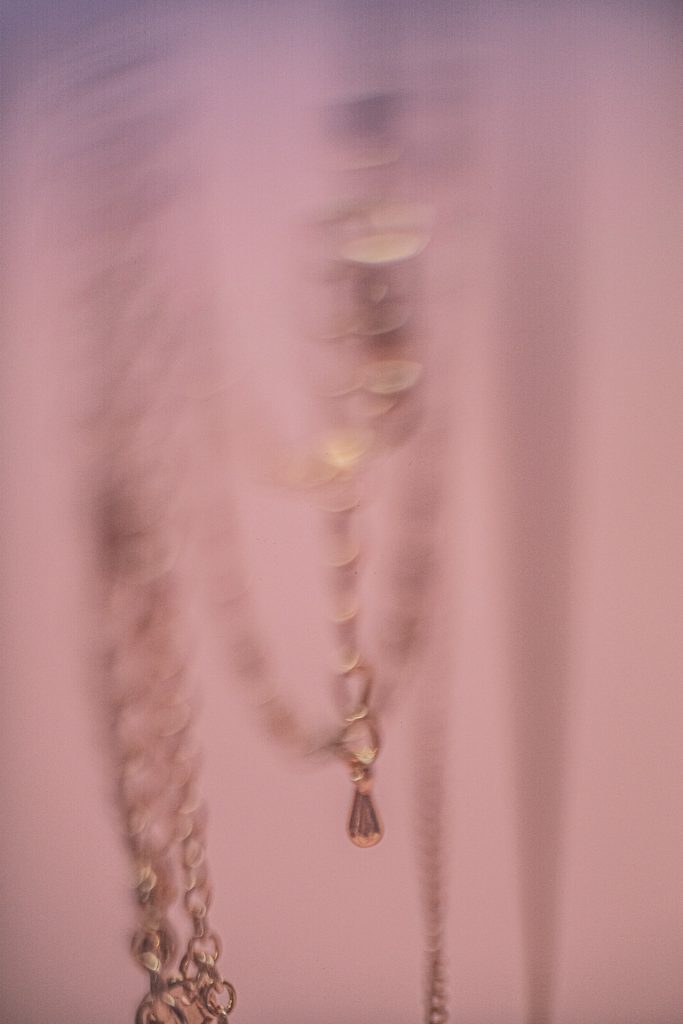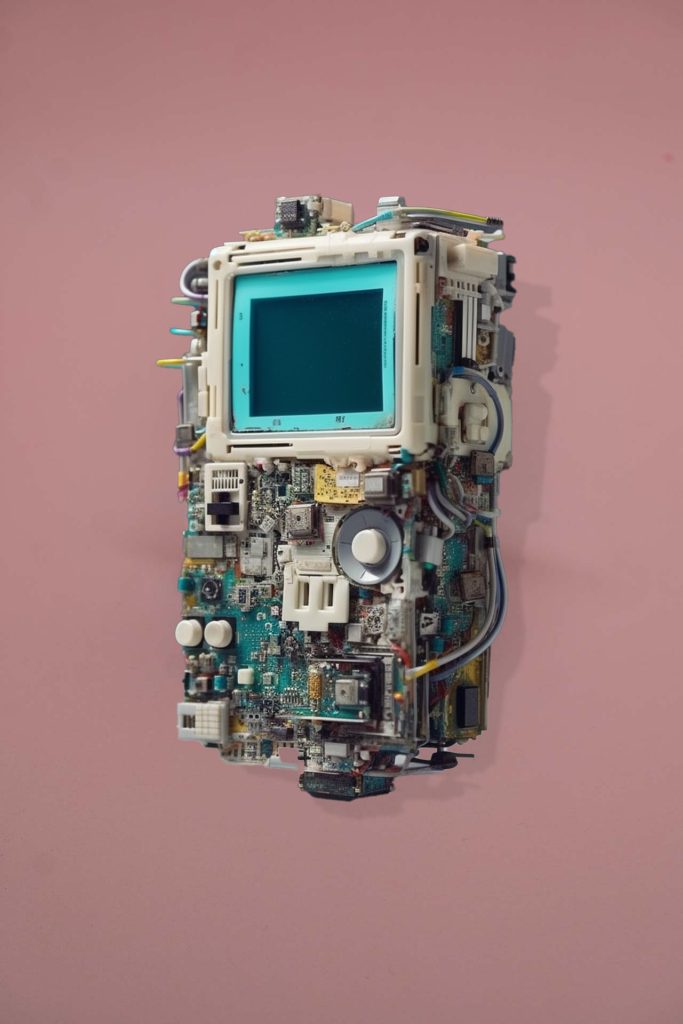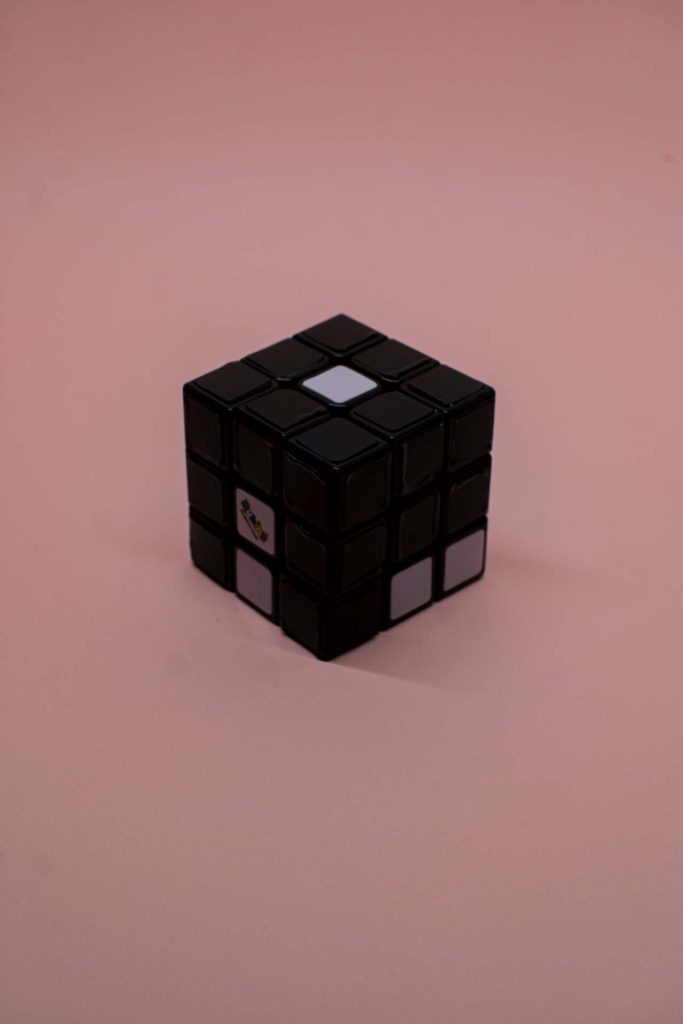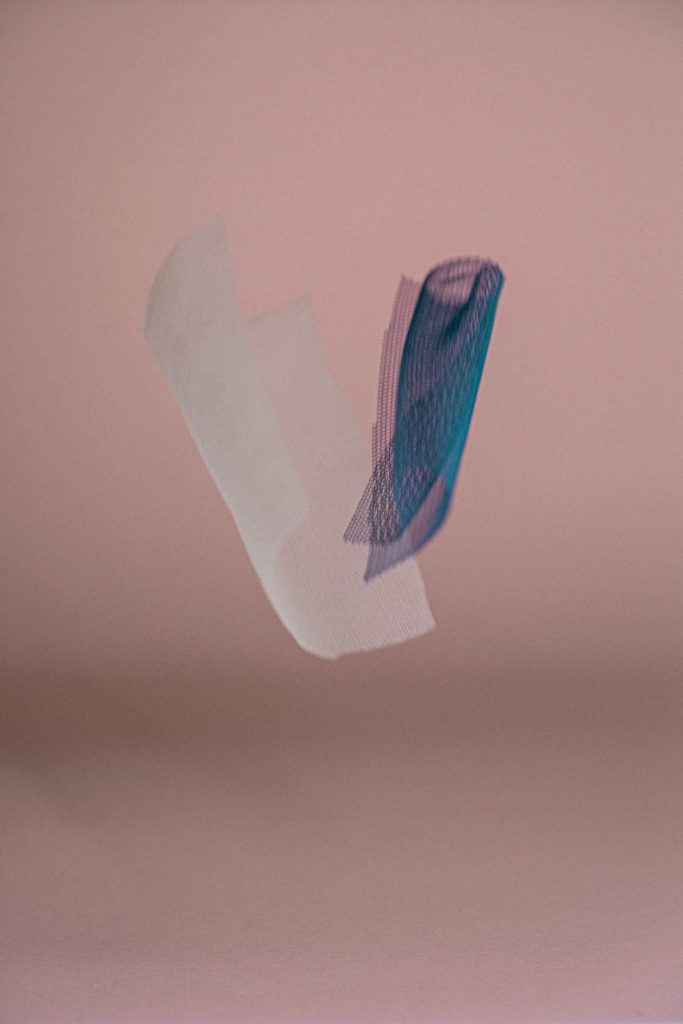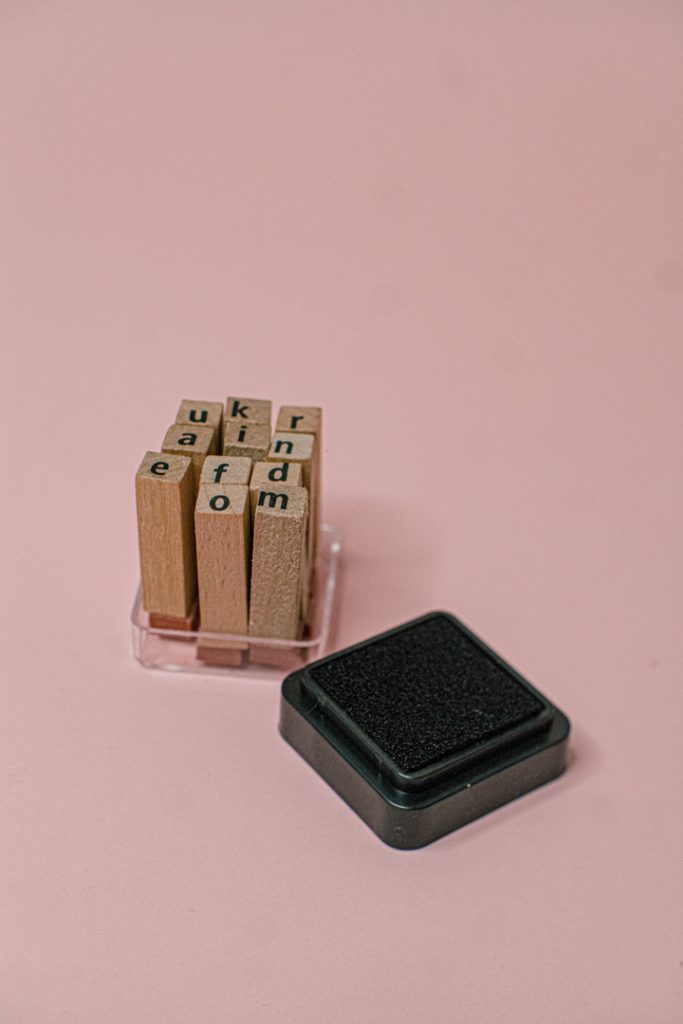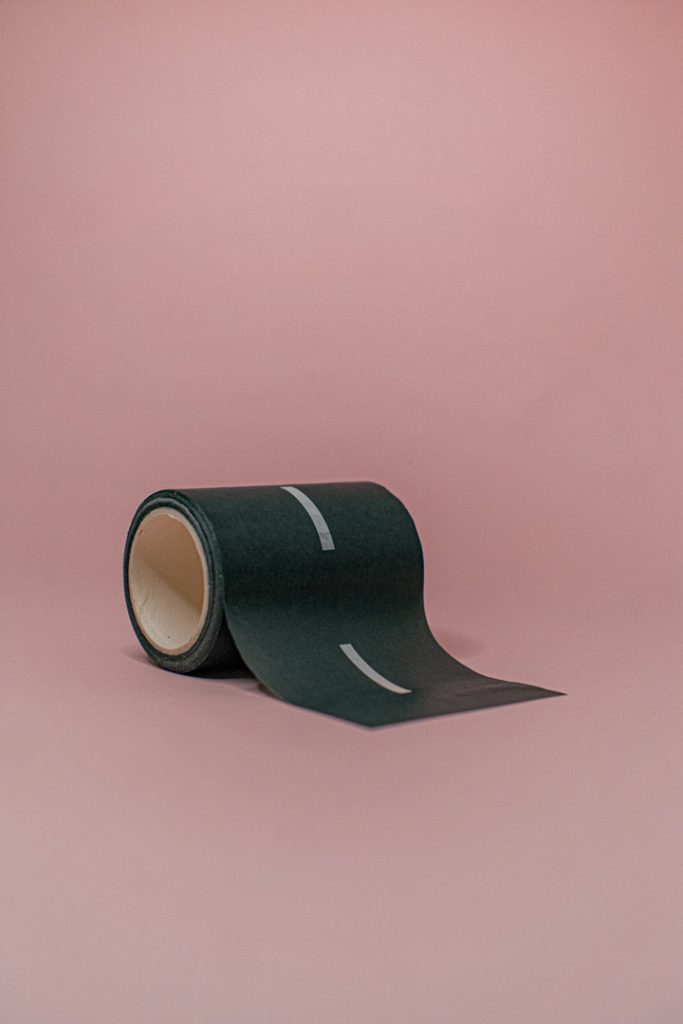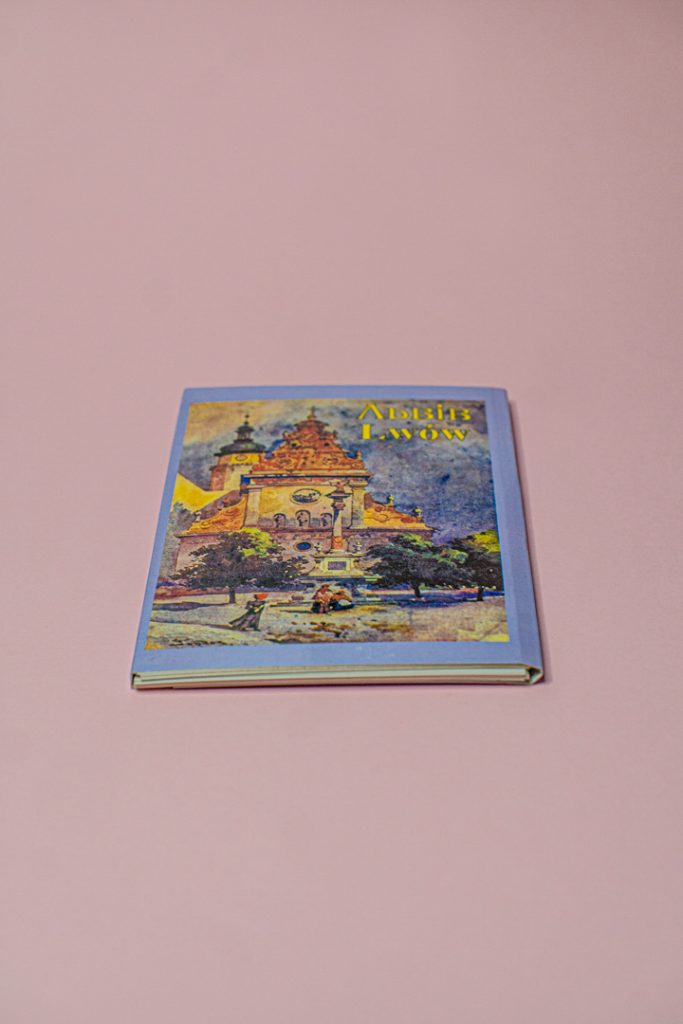
polyhedron
Alter Ratio: Opening the edges of the other
Offering a different perspective on music and creating an alternative to the usual understanding of a concert; producing meanings and formation of values; expanding the boundaries of ideas about the possibilities of the human voice; opening to Ukraine the works of the world avant-garde, which have not yet been explored on domestic stages, and speaking with the world in the voice of the newest music of progressive Ukrainian composers; after all, loving what you do and doing what you love is the credo of the Alter Ratio ensemble, ambassadors of new vocal music in Ukraine.
The ensemble was founded in 2010 by Olga Prykhodko, then a student at the Kyiv Conservatory, gathering around her enthusiastic students who were willing to change and ready for challenges. The vector of activity was outlined immediately – new music, both world and Ukrainian. At that time, avant-garde vocal works were presented on Ukrainian stages incomparably less than instrumental works. While the innovative instrumental music of modern authors, albeit in small steps, but consistently was paving the way to the Ukrainian listener through the efforts of the ensembles Rikoshet by Serhiy Pilyutykov, New Music in Ukraine by Volodymyr Runchak, Cluster by Ivan Nebesny, Nostri Temporis by Oleksiy Shmurak and Maksym Kolomiyets and others, the field of modern vocal music, for the most part, remained terra incognita for the local audience.
The vocal school in Ukraine, which lacks a system of master’s courses or master classes in the performance of new music and is oriented towards the traditional, mainly classical-romantic repertoire, did not stimulate the expansion of concert programs with avant-garde music. But Olga Prykhodko suggests in this situation to proceed from the opposite: “For a «school» to appear, a generation of singers must grow up who have not theoretical knowledge, but practical skills in performing new music” [7].
Therefore, in an effort to expand the range of Ukrainian concert programs with new vocal music and take it out of the “dead zone” of the performance repertoire, the musicians of Alter Ratio debuted with the piece Cries of Londonby the avant-garde classic Luciano Berio. In this music the composer constructs a completely new, non-traditional acoustic environment, experiments with texture, extended techniques. As member of the ensemble Victoria Vitrenko recalls, “when they received the notes, almost no one could read them”. “But – adds the singer – for me it was a crazy passion. I generally began to perceive and feel music differently then. I understood that Bach, Schubert, Beethoven are far from all there is in the world” [6].
Actually, this is the mission of Alter Ratio – to provoke a different view, to change the usual angle of vision. This idea is embedded in the name of the collective, which translates as “different thinking”. Otherness in the activity of Alter Ratio is embodied at different levels. In the context of the environment where the collective was formed, “alter” consists, first of all, in creating an alternative to the traditional repertoire of philharmonic stages. During thirteen years of concert life, the musicians performed the works of the 20th century classics that changed the course of musical history: György Ligeti, Krzysztof Penderecki, Morton Feldman, Steven Reich, leading modern masters Meredith Monk, Peteris Vasks, David Lang and many others. Many of these compositions were performed in Ukraine for the first time by Alter Ratio.
Another difference that distinguishes Alter Ratio is a new view at the essence of the concert. According to Olga Prykhodko, each performance of the team is “not just a concert with a set of works, it is a big project that can be compared to a theater performance or even a movie, when a lot of nuances are added” [5]. Speaking about the multi-layered concept of each project, the conductor draws parallels with the novel The Name of the Rose by Umberto Eco, where a detective story, a theological treatise, a cultural and psychological journey are inextricably woven into one whole [7]. This is also the case in the Alter Ratio concerts: the polyphony of meanings and contexts encourages you to think and reflect on every detail, which highlights a new facet of the creative idea.
Here – in the Visionaries of Sound project, performing the works of modern authors, where bridges are built between Antiquity, the Middle Ages and the present, the singers stand motionless, dressed in the same black robes: on the stage are not people, earthly and mortal, but primordial voices that always soar between eras, connecting them with invisible threads. And so – in the project CHOReography to the music of Svyatoslav Lunyov, the plasticity of the voice and the plasticity of the body become integral parts of a single whole, born from each other…
In addition to the literal, the idea of “alter” also has a metaphorical meaning in the ensemble’s activities, in particular, in its references to new music, works of the 20th and 21st centuries. In this period, full of constant searches for radically new sounds, forms and concepts, the paradigm of musical thinking changed fundamentally. So, as Olha Prykhodko subtly emphasizes, actually, the 20th century offered another “alter ratio” in the history of music [7]. “This – the conductor claims – is what distinguishes new music, no matter what century it is in: everything new looks at the same things from a different angle.” From “modernity in the language of tradition” [2] in the works of Francis Poulenc to the sound recording of advanced vocal techniques in the music of Anna Korsun, from the “new simplicity” of Arvo Pärt to complex sound constructions in the works of pioneers of the avant-garde – the repertoire of Alter Ratio combines completely different music stylistics and technical techniques, but equally new for its time.
The entire 20th century in the creativity of world music meters passed under the auspices of novelty: a new musical language, new systems of its organization, a new understanding of sound and the essence of music in general. A key marker of the current “zeitgeist” in music has become a new understanding of space-time and a person’s place in it. “It is connected with a person’s sense of themselves in the universe. Not just in a small town. And in the feeling of being a part of larger volumes” – says Olga Prykhodko [3]. Her reasoning is consistent with the thinking of one of the leading Ukrainian musicologists, Nina Gerasymova-Persydska, who used the concept of “slow time music” to denote these changes. According to the scientist, “works of this type form in the listener a feeling of a certain remoteness and contemplation of the widest space and, accordingly, an attitude towards the surrounding world as larger than that which is perceived directly” [1].
Comprehension of key processes in the recent history of music, reflections on their essence form layers of multidimensional concepts of creative projects Alter Ratio. According to Olga Prykhodko, the team never set themselves the goal of performing every month just to regularly give concerts. The idea of building a program on a piece-by-piece basis is also foreign to musicians. Instead, each Alter Ratio concert is an artistic event with a specific idea. Creative projects are often born in cooperation with Ukrainian composers: over 13 years, the ensemble has formed a close circle of artists who share its values. Such cooperation is initiated by Olga Prykhodko, presenting the project idea, expressing her vision of the concept, and at the same time leaving the composers the right to maximum creative freedom. Usually, such projects take a long time to mature: forming an idea, writing music, learning extremely complex scores, working on a stage production, where every nuance counts -–from the singers’ outfits to their placement on the stage – all these stages of creative work require a lot of time and effort. However, the game is always worth the candles – the creative projects of Alter Ratio, without exaggeration, form a new discourse in the Ukrainian musical space.
In particular, the Mariologia project, which premiered at the end of 2018, was a landmark event. Four Ukrainian composers – Svyatoslav Lunyov, Maksym Shalygin, Maksym Kolomiets and Oleksiy Retynskyi – created music for the project based on the texts of the Marian antiphons – Latin canonical prayers to the Virgin Mary.
Each composer chose a different performance line-up: Maksym Kolomiets combined the sound of human voices with the timbre of the oboe and Tibetan bowls, Oleksiy Retynskyi added to the vocal ensemble the sound of percussion -–vibraphone, orchestral bells and timpani, Svyatoslav Lunyov created a score for the vocal ensemble, percussion and harp, Maksym Shalygin limited himself to twelve a capella voices, which, however, in the construction of complex all-absorbing harmonies resemble the sound of an organ and electronics.
The joint verbal component received four completely different readings – from the search for the hidden symbolism of the sacred text to the use of the word as an additional timbral tool, where the sound itself matters, not the content. But in each case, the sacred text appears only as a symbol from which visions of cosmic timeless and “boundless space” sounds sprout.
An additional context is created by Latin, a universal language that unites the values of the Western world. Olga Prykhodko compares Latin with a system of signs similar to a programming language. In the use of these texts, there is not so much prayerful self-absorption as, according to the conductor, the continuation of the “train of cultural memory from the Middle Ages to the present day” [7]. According to Olga Prykhodko, the use of this centuries-old language of signs, where every word “prayered” over the centuries turns into a symbol, “translates Ukrainian spiritual music to a universally high level – understanding not only of the local community, but also in the European dimension” [7] .
Sacred choral music in Ukraine has a long tradition: it was born in unique baroque partes, continued at the turn of the 19th and 20th centuries in the liturgical works of Mykola Lysenko, Kyril Stetsenko, Mykola Leontovich and many of their contemporaries, silenced for ideological reasons during the Soviet occupation of Ukrainian lands, now it again returns to the field of view of composers, for the most part – growing on the basis of the traditions of church singing.
The Mariologia project offers an alternative way of perceiving spiritual music. According to Olga Prykhodko, “tradition is not bad, but when it is conserved, it loses its power” [7]. In the project, spiritual texts are only a grand occasion for creativity, the basis for the formation of the newest world of sounds. For example, for Maksym Shalygin, the text has become a certain abstraction, its sacredness is invisibly present, but veiled as much as possible: in certain sections, the syllables of words are scattered between different vocal parts and the essence of the text remains elusive. Or in the Salve Regina part, where long microtone glissandos sometimes roll in waves, then smoothly recede into the distant plane of sonority, creates, according to the author, the feeling of watching “falling stars in slow motion” [4]. Thus, the cult of modernity – “music of slow time” with its listening to sound – is combined with the religious cult with the entire extensive system of its understandings and interpretations. Intertwining, they create a new dimension of each other’s meanings, in the latest deconstruction of time and space, ways of knowing the Universe, God, Eternity, and oneself emerge.
Thus, layer by layer, the concept of each creative project of Alter Ratio is revealed. And many projects have already been created. This is Svyatoslav Lunyov’s concert The Noel Consort – joyful music of traditional European carols in an unusual arrangement, where the natural simplicity of melodies appears in a wide palette of expressive possibilities of modern choral writing, embodying the eternal magic of Christmas light in a new way.
Also among the brightest projects of the collective is the vocal-choreographic performance A Celebration Service, created by the American artist Meredith Monk, where a journey takes place in a combination of singing, recitation, dance, plastic similar to ritual movements, the play of light and shadow into the world of spiritual traditions of different cultures and eras. The verbal basis of the action consists of Buddhist texts, Hasidic sayings, Zen poetry and Christian prayers, and the musical embodiment looks like a cross-genre interweaving of styles and techniques. According to Olga Prykhodko, here “avant-garde and underground culture are combined with classical culture. Such a combination is what the academic culture fears, especially that which is weighed down by the Soviet legacy. In fact, these cultures feed each other. We must not blur the boundaries between them, but remember that these are sides of the same coin” [7].
In addition, the musicians of Alter Ratio worked on the production of Oleksiy Retynskyi’s play Iphigenia in Tauride. A Bride for a Terrorist, where the ancient Greek tragedy, crossing the boundaries of time and space, is actualized in the modern Ukrainian context against the background of the global aggravation of world conflicts. It is also worth mentioning the musical and theatrical performance The Little Match Girl Passion by David Lang, where the story of the main character of Hans Christian Andersen’s fairy tale The Match Girl is presented in the passion genre. The earthly wanderings of a person faced with the cruelty, indifference and cynicism of the environment are understood by the author as a parallel to the sufferings of Christ. But, as always, in the projects that Alter Ratio undertakes to implement, the meanings embedded in the works are not read literally, but in a limitless kaleidoscope of contexts and subtexts.
Currently, the musicians of the ensemble are preparing for the premiere of a new project – Lux Aeterna. Psalms of Falling, which will be presented for the first time in November 2023 in Germany, and later in Kyiv. This project was born in cooperation with Ukrainian composers Alla Zagaykevych and old friends of the ensemble Maksym Shalygin and Maksym Kolomiits, as well as Bulgarian composer Peter Kerkelov.
According to Olga Prykhodko, Lux Aeterna “crystallizes a universal view on the embodiment of ideas” [7]. This is a dedication project, a requiem project. The final words of the Latin (again!) canonical text of the funeral service (“Lux Aeterna” – “Eternal Light”), on the one hand, symbolize the tragedy of death, and on the other hand, give hope for the beginning of something new, incomprehensible.
The concept of the project was based on two subjects. The first of them is a tribute to György Ligeti, the centenary whose birth we celebrate in 2023. In the history of music in general and for the head of Alter Ratio personally, this composer plays a defining role. In the words of Olga Prykhodko: “Ligeti changed the way we look at sound, the sense of musical time, space and form, gave them a new dimension, and led to the point of no return. It is very difficult to overestimate its importance. He lived a very complicated, tragic life, sublimating it in creativity. Nowadays, this experience is close to Ukrainians” [7]. Creating a tribute to her idol, Olga Prykhodko combined the entire project with the title of Ligeti’s iconic work, which influenced the further development of his style.
In the context of the daily tragedies of the war unleashed by Russia against Ukraine, Lux Aeterna – mourning and, at the same time, affirming faith in rebirth – acquires a new meaning. Along with the artistic tribute to György Ligeti, the new project Alter Ratio is also a tribute to the artists who died in the war – those who died with weapons in their hands, and those who were innocently killed and tortured. According to the author of the idea, the project combines “a lot of small threads, branches from the root, which make these two themes inseparable” [7].
Olha Prykhodko emphasizes: “If we do not personify the war, then it remains on the pages of the press. The saying “never again” becomes “never remind” – no one ever remembers it, it’s just some kind of slogan. And when we personify these crimes and these tragedies, they remain in our memory and bring us closer to the bright side of history. We are not just sad in our tragedies, we are getting closer to the light” [7].
The Latin canonical text, thanks to which seemingly distant topics find points of intersection and resonate with each other, serves in the project as a cultural stimulus, a signpost on the way to the realization of the idea. None of the composers used canonical lines in their work. For example, Alla Zagaykevych’s music is based on a poem by the Ukrainian poetess Iya Kyva, and the lyrics of the cellist and poet Viktor Rekal became the verbal basis of Maksym Kolomiyets’ work.
The project was created for a vocal ensemble and electronics. According to Olga Prykhodko, “besides the ideas floating in the heavenly spheres, there is also a practical understanding of the process – to convey this idea as clearly as possible to the listener” [7]. Accordingly, composers who are particularly close to work with electronics were invited to participate in the project. Here, a parallel is drawn to the creative principles of György Ligeti himself: his idea of micropolyphony with the layering of many moving lines in an open space-time is to some extent consistent with the disclosure of the spectral microcosm of sound, split into “atoms” thanks to a computer program.
Artistic and universal values, unexpected parallels between human destinies and epochs, reflection of the events of one’s time and one’s country, speaking with “living words” of newly written poems and centuries-old signs-symbols – this is only the tip of the iceberg of a multi-layered idea, carefully nurtured by the founder of Alter Ratio. Olga Prykhodko calls the creative path of her ensemble “consciously unconscious” [7] – following the call of the heart, discovering previously unseen facets, which grows from a creative credo into a way of worldview. In the words of the conductor: “I do not write manuals for educational programs or information policy of Ukraine. I live. I sublimate my experience as much as possible and try to show it truthfully. I find people who feel the same way and can share it with me” [7]. The core of the group consists of twelve singers – mostly those who have been in Alter Ratio from the very beginning. Of course, depending on the project, the composition can be mobile, but, as Olha Prykhodko claims, she approaches the selection of new members of the ensemble very meticulously: in addition to experience and mastery of the voice, the singers must share the values of Alter Ratio, get used to its creative microclimate.
In addition to the creative synergy in the middle of the team, the cooperation of musicians with composers close to them in spirit, the interaction with the listener is also important. Alter Ratio presents new music on the stages of Ukraine and the world. Naturally, the question arises: is there a difference in the perception of their work in environments with different cultural backgrounds – abroad, where during the 20th century the newest stylistic currents were born and developed one after another, and in Ukraine, where for several decades the composer’s work was preserved in dogmas of socialist realist aesthetics with a focus on classical-romantic music, and any innovation was branded, punished or silenced. According to Olga Prykhodko, the issue is more about the “availability of the environment for work. In Europe, there are indeed more opportunities for work, a more prepared and musically educated public, there are financial opportunities for the existence of an independent musical sphere. In Ukraine, it is always necessary to fight. After the struggle, there is not always enough time to reflect on what the public needs” [7]. But, according to the conductor’s observation, the audience of Alter Ratio in Ukraine is “always avant-garde progressive people who are interested in life. Another part of the audience is colleagues who know the style of our ensemble. Not necessarily musicians. Our creativity may not suit their tastes, but they know that it is always valuable” [7].
Currently, “Alter Ratio” exists as an independent art formation on a grant basis. Along with the implementation of large-scale creative projects, the team actively participates in many all-Ukrainian and international festivals, cooperates with international art organizations, Ukrainian, European and American performers.
In every word of the founder of the ensemble about her work, there is boundless love for the work of life. In every artistic event of the team, there is impeccable professionalism and a sincere declaration of values. To create an alternative reality, to encourage thinking and reflection, to surprise and be surprised – this is it, an endless process of opening new facets of a different way of thinking, alter ratio.
[1] N. Gerasimova-Persidskaya, Opit rassuzhdenniy ob osobennostyah postizheniya sovremmennoy muziki, „Naukoviy Visnik” NMAC 2017 no. 119, p. 59.
[2] O. Korchava, Muzichniy modernizm yak terra cognita: monografiya, Muzichna Ukrayina, Kiyv, 2020.
[3] O. Prykhodko, Nikt ne ostanetsya prezhnim, pobiwaw na koncerte Alter Ratio.
[4] M. Shalyhin, Mariologia interview.
[5] O. Prykhodko, My stworili Alter Rario, shob panoviti svoe zhittya i zhittka navkolo svoimi sensami, „The Claquers”, 30.09.2022.
[6] M. Gudova, Ukrayina Moloda: Viktoriya Vitrenko, „Vogue UA”, August 2023.
[7] Author in conversation with Olga Prykhodko.
